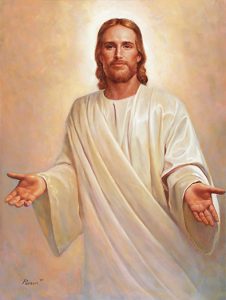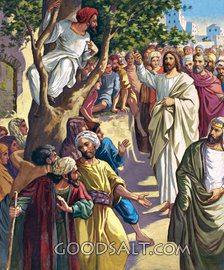I believe that Jesus Christ,
the unique son of God,
is the face of God
on earth
in whom we see best
the divine justice,
divine mercy,
and divine compassion
to which we are all called.
Through Christ
we become new people,
called beyond
the consequences
of our brokenness
and lifted to the fullness of life.
By the power
of the Holy Spirit
he was born
of the woman Mary,
pure in soul
and single-hearted—
a sign to the ages
of the exalted place
of womankind
in the divine plan
of human salvation.
He grew as we grow
through all the stages of life.
He lived as we live
prey to the pressures of evil
and intent on the good.
He broke no bonds
with the world
to which he was bound.
He sinned not.
He never strayed
from the mind of God.
He showed us the Way,
lived it for us,
suffered from it,
and died because of it
so that we might live
with new heart, new mind,
and new strength
despite all the death
to which
we are daily subjected.













